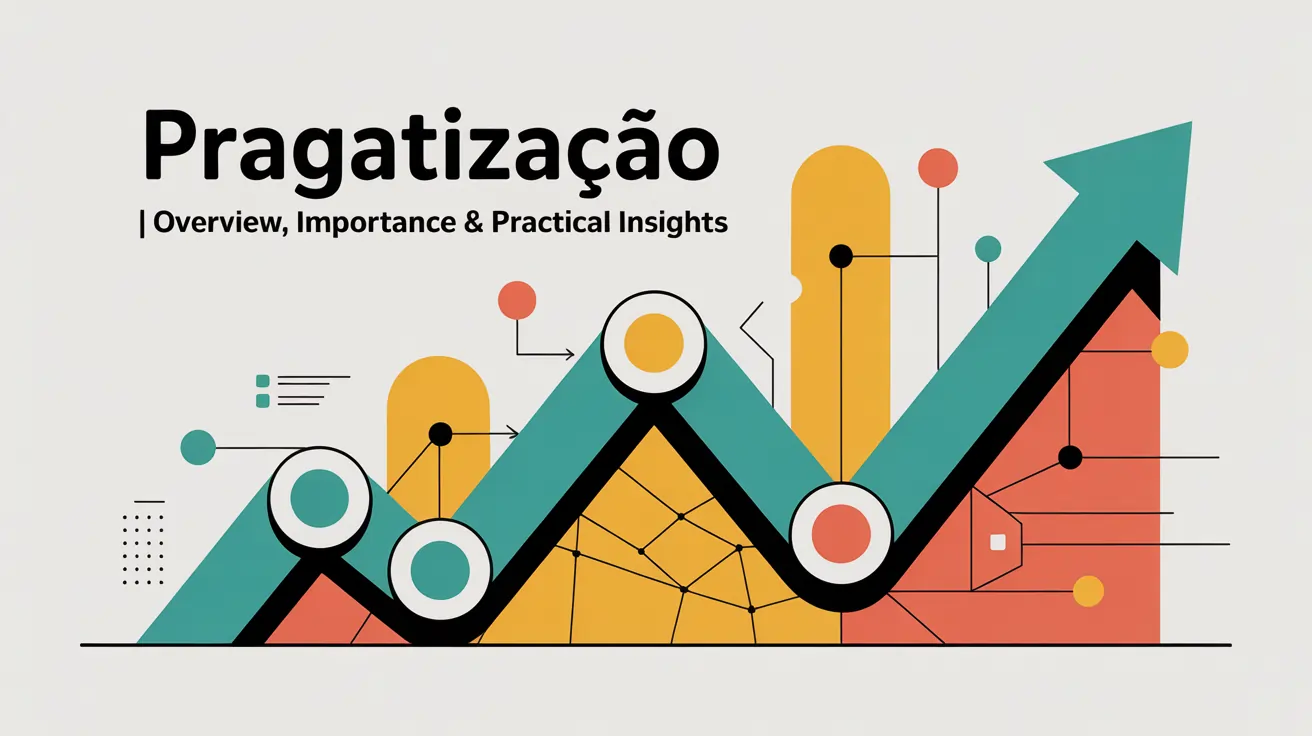Introduction
In a world driven by rapid change, the concept of pragatizacao is emerging as a defining force shaping modern societies, economies, and mindsets. Though the term originates from “pragati,” meaning progress, its deeper essence goes far beyond simple advancement. Pragatizacao embodies a holistic transformation — a movement that integrates innovation, inclusivity, and practicality to create meaningful progress in all aspects of life. Understanding this concept allows individuals and organizations to adapt more effectively to the evolving global landscape.
The Essence of Pragatizacao
At its core, pragatizacao represents the pursuit of progress grounded in both rational thought and social empathy. Unlike traditional progress, which often emphasizes technological or economic growth alone, this idea encourages a balance between human development and systemic efficiency. It’s about aligning progress with purpose — advancing society without compromising cultural values, ethics, or environmental stability. In practical terms, pragatizacao asks: How can we evolve without losing what makes us human?
Origins and Modern Relevance
The term pragatizacao began gaining traction as thinkers and policymakers sought new frameworks for sustainable progress. In recent years, it has been adopted across different fields — from education and technology to governance and business — as a way to describe the merging of innovation with responsibility. For example, in technology, pragatizacao reflects the shift toward ethical AI and digital inclusivity. In social systems, it mirrors the push for equitable opportunities and community-driven development. The modern relevance of the term lies in its adaptability — it can apply to personal growth as easily as to corporate transformation.
Pragatizacao in Personal Development
On an individual level, pragatizacao can be understood as a mindset of continuous, balanced growth. It’s about progressing mentally, emotionally, and spiritually while maintaining self-awareness and discipline. Instead of chasing external validation or comparing oneself to others, this approach emphasizes internal evolution — learning, unlearning, and relearning to become a more conscious human being. In essence, personal pragatizacao involves aligning your goals with your values, ensuring that progress is meaningful rather than mechanical.
Pragatizacao in Organizations and Leadership
For organizations, pragatizacao provides a framework to achieve long-term success through ethical innovation. Modern leadership requires more than vision; it demands responsibility. Businesses practicing pragatizacao focus on sustainable growth, employee well-being, and transparent governance. They recognize that true progress isn’t measured solely in profit margins but in positive societal impact. Leaders who adopt this principle inspire trust, nurture creativity, and build resilience in their teams — qualities essential for thriving in a volatile world.
The Role of Technology in Pragatizacao
Technology plays a vital role in advancing pragatizacao. From digital education to green energy and automation, tech-driven progress can uplift societies if guided by human values. However, technology without empathy can easily widen inequality or cause disconnection. Therefore, pragatizacao emphasizes responsible innovation — using tools and systems to empower people rather than replace them. The integration of artificial intelligence, for instance, should enhance human capabilities, not erode them. This balanced approach ensures that advancement remains inclusive and sustainable.
Cultural and Global Dimensions
Culturally, pragatizacao encourages openness to diversity and cross-cultural learning. It reminds us that progress is not one-dimensional; what works for one society may not suit another. True advancement respects cultural differences while promoting universal principles such as justice, equality, and compassion. Globally, the concept aligns with collective growth — nations working together to solve shared challenges like climate change, poverty, and technological ethics. In this sense, pragatizacao is both a personal philosophy and a global responsibility.
The Challenges of Practicing Pragatizacao
While the vision of pragatizacao is inspiring, implementing it is not without challenges. Rapid globalization, economic inequality, and technological disruptions can make balanced progress difficult. Many individuals and institutions still equate success with speed, ignoring depth and purpose. Overcoming this requires conscious effort — slowing down to reflect, re-evaluating priorities, and redefining what progress truly means. It demands courage to question established systems and creativity to build new ones rooted in fairness and empathy.
Conclusion
Pragatizacao is more than a concept; it’s a call to action for individuals, organizations, and societies to evolve responsibly. It reminds us that progress without ethics is hollow, and innovation without empathy is incomplete. By embracing the principles of pragatizacao, we can create a future that values both achievement and humanity — a world where advancement serves not just the few, but all.
